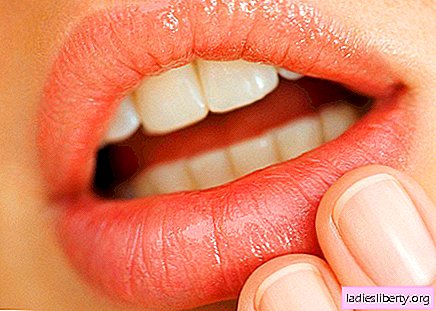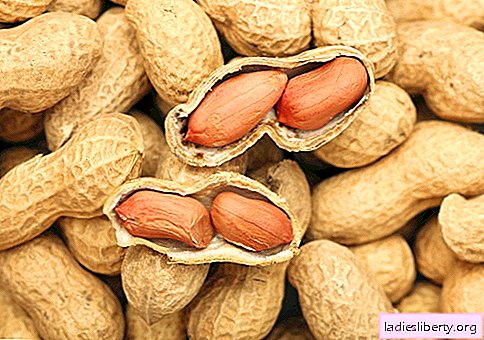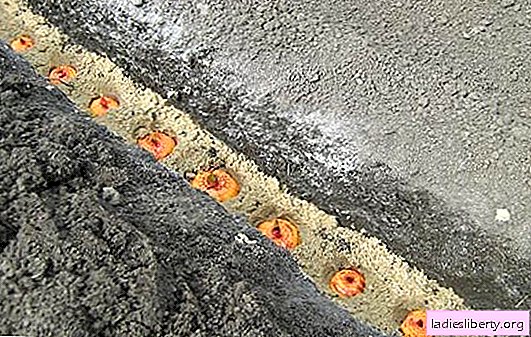
In the first month after birth, it is very important that the nursing mother will eat.
The health of the newborn child will depend on the quality of breast milk.
It is important to follow a special diet so as not to harm yourself and your child.
Nursing Diet: principles of proper nutrition
1. Calorie content is important. During lactation, a woman requires a minimum of 3200 Kcal per day. This is enough for the child to have enough milk. More calories are already reflected in the figure.
2. The variety of diet. The menu should contain products containing a complex of proteins, carbohydrates, fats and vitamins.
3. Drinking regimen. 2-3 weeks after the birth of the child, the production of colostrum by the mammary glands stops. It is important to ensure that you consume at least 2.5 liters of fluid per day. It can be plain water, juice or tea.
4. Down with allergens. Do not experiment with food. In the first month after childbirth, a woman should not use allergen products so as not to harm the health of her baby.
5. The correct mode. The diet of a nursing mother must be evenly distributed throughout the day so that the woman does not remain hungry, and her body is constantly fed with vitamins and minerals that are important for normal life.
Nursing diet: what you need to eat in the first month after birth
The first month after birth is important for both the woman and the baby. Some women believe that the more they eat, the better. This is not so, excess calories will still be deposited at the waist. Other girls, on the contrary, deny themselves everything in order not to provoke an allergy in the newborn. Both approaches are wrong. The dietary requirements in the first month after giving birth are strict, but you should not go to extremes.
What you can include in a nursing diet
1. Porridge made with milk and water.
2. Stewed and boiled vegetables. It is important to be careful with cabbage, the most safe are potatoes and zucchini.
3. You can’t ignore meat, you just need to select lean. It can be beef, lean pork or chicken (boiled, but without skin).
4. First meals support proper bowel function. Nursing mothers recommend vegetarian soups or meat soups cooked on the “second” broth. The main thing is to cook without frying.
5. Dairy products are important for strengthening the bones of mother and baby. You can not neglect cheese, fat-free kefir, fresh cottage cheese and fermented baked milk.
6. Allowed dry cookies, bran and wheat bread.
Seasonal fruits and vegetables are a source of vitamins. In small amounts, a nursing mother can begin to try them after the child turns a month old.
Heavy drink
Drinking plenty of water plays an important role when it comes to full lactation.
What to drink
1. Special pharmacy teas for nursing mothers based on herbs (anise, dill, fennel).
2. Stewed fruit made from fresh apples or dried fruits.
3. Tea with weak tea leaves. For taste, you can add a little milk.
4. Boiled water.
5. Fermented baked milk and fat-free kefir.
What not to drink
1. Carbonated drinks. Their use can lead to bloating of the tummy of the newborn.
2. Strong tea and coffee are strong pathogens, the baby will sleep poorly.
3. Yoghurts with fruit and berry fillings can cause allergies.
4. Alcohol. In no case should you drink alcohol, they negatively affect the development of the offspring and the proper functioning of all body systems of the newborn.
5. Shop juices, as they contain a large number of artificial additives, dyes and preservatives.
It is very useful for women after childbirth to drink dill water, which is easy to prepare on their own. It allows you to improve the baby’s metabolism, prevents bloating and colic. In addition, dill water stimulates lactation, which is undoubtedly very important.
Nursing diet: foods that are undesirable
The first month after giving birth, a woman should completely protect herself from the use of those products that can provoke an allergy in a small child. This category includes:
• chocolate;
• any red berries (raspberries, cherries);
• citrus fruits (oranges, grapefruits);
• pineapple and melon;
• smoked meats;
• honey;
• seafood.
Whole milk and pastry are also not recommended for nursing mothers, as they lead to bloating in the baby and intestinal colic.
A woman after childbirth should know that there are some foods that should not be consumed categorically. They can lead to a change in the taste of milk, therefore, the baby may completely abandon breastfeeding, which will negatively affect the formation of his immunity.
The lactating diet should exclude:
• any sharp and bitter seasonings;
• onions and garlic in any form;
• too salty or too sweet dishes.
Sample menu
To make it easier for a newly-made mother to determine the right diet, you can be guided by the presented sample menu.
Morning. A glass of fat-free kefir and a slice of bran bread with butter and cheese.
Lunch. Rice porridge cooked in milk, tea.
Dinner. Vegetable soup or potato casserole.
High tea. Dry cookies, weak tea.
Dinner. Vegetable stew with boiled fish, a salad of green vegetables with vegetable oil.
It might seem that sticking to such a diet is very difficult, but it is not. If desired, the menu can be diversified with any allowed products from the list presented above. Trying something new is necessary, but when the child is already a month old. In the first weeks of a child’s life, experimentation is not worth it.
The main thing is to understand that the diet of a nursing mother should be such that the baby with breast milk receives all the necessary vitamins and minerals to form a strong immunity.











